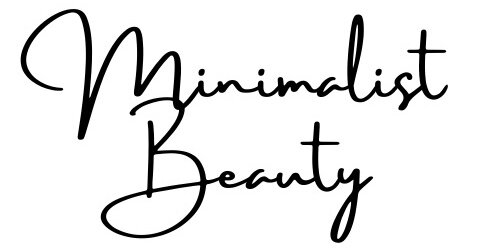The Eco-Friendly Choice–PVC or Leather
I've been vegetarian for almost ten years now. There was a time I felt extremely guilty for being vegetarian, yet still owning leather shoes and accessories. So one fall I took all of my leather shoes, bags, belts, and jackets except one pair of brown heeled boots I invested in, and sold everything to Crossroads, my favorite buy sell trade retailer. I then used the money from the sale to purchase two pairs of vegan faux leather shoes, a bag, and a belt. Despite my knowledge, over the year I had also bought a faux leather jacket. All of the vegan products I had bought had been made with PVC (Polyvinyl Chloride).
The following year I discovered that PVC was a toxic material and ended up selling all of my PVC fashion items to Crossroads for exchange credit. I then used the credit to trade for a wool blend winter coat and a pair of tall leather riding boots. Because of the problems associated with PVC, many concerned parents only buy PVC-free bottles for their babies and PVC-free toys for their children. Although there is a great PVC scare for children, media doesn't really talk about it as much in regards to fashion, vinyl flooring, or other everyday items.
So What's The Big Deal?
According to the Center for Health, Environment and Justice, PVC releases chemicals such as dioxins, lead, mercury, and phthalates linked to diseases such as asthma, learning and developmental disabilities, as well as cancer in children. These same toxins released from PVC have also been linked to breast cancer and reproductive health problems.
PVC has been coined "the poison plastic" because in its production it fuses vinyl chloride molecules with toxic metals such as lead and cadmium which are added as stabilizers and plasticizers. The chemical properties of chlorine as well as by-products of PVC during production are extremely toxic, and can easily accumulate in our food supply and our bodies different from similar chemicals that do not contain chlorine. PVC is the only major plastic that contains chlorine therefore is uniquely hazardous.
My Eco-Friendly Choice
After selling all my leather goods, then selling all my PVC goods, I’ve finally come up with my own choice in which I’m comfortable with. Because I like quality items that last for years and years, I now choose to buy well constructed leather goods second hand. This is very easy where bags, belts, and most shoes are concerned. Yet some shoes I’ve bought new because of my extremely narrow finicky-to-fit feet. Purchasing second hand leather makes me more comfortable than buying new leather. Leather is biodegradable too. There’s a balance with everything, and finding what you feel comfortable with is important.
All in all I feel second hand leather is the best choice.
Image by Dawn Michelle

